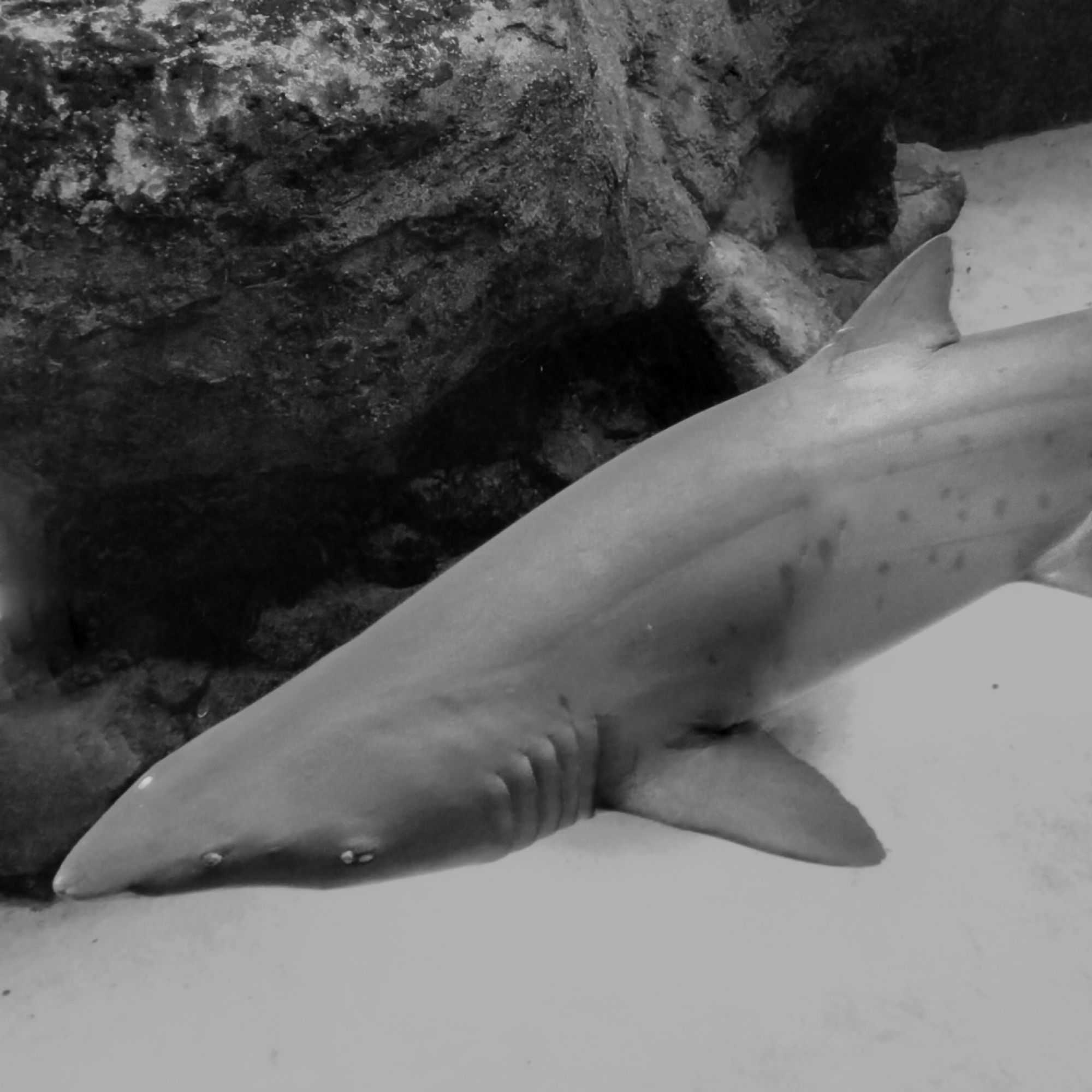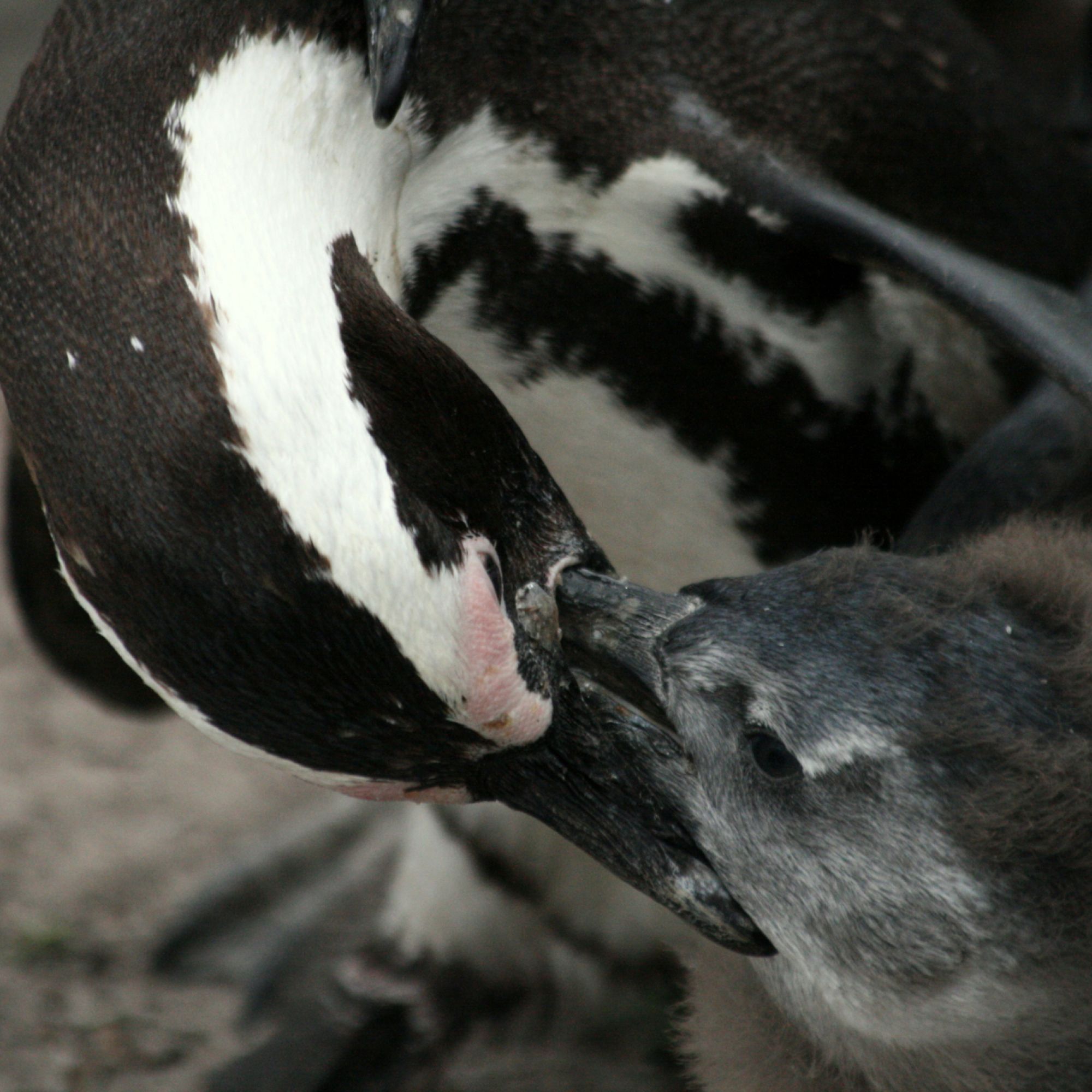Marine Protected Areas With a Focus on the De Hoop Marine Protected Area
Marine Protected Areas (MPAs) are crucial for safeguarding species and maintaining the balance of ecosystems. They also contribute to the sustainability of fisheries, which in turn supports livelihoods and boosts the economy. In South Africa, at least 3.6 million people depend on coastal food resources for subsistence. MPAs are managed through the National Environmental Management: Protected Areas Act (Act No. 57 of 2003) and associated regulations. CapeNature oversees six of the 13 MPAs along the Western Cape coast, including the De Hoop MPA.
This no-take marine reserve spans 288 km2 and encompasses various habitats that host a diverse range of species. It has proven effective in protecting endangered shark species, with underwater video footage revealing that 11 different shark species utilise the MPA. Moreover, the abundance of sharks inside the MPA is significantly higher than outside, with six of the 11 species classified as threatened, such as the Critically Endangered Soupfin Shark and the Vulnerable Ragged Tooth Shark.
The De Hoop MPA may also play a vital role in conserving the Endangered African Penguin. Thanks to the concerted efforts of BirdLife South Africa, SANCCOB, and CapeNature, penguins have returned to the De Hoop Nature Reserve after an absence of over a decade. One of the biggest threats to African Penguins is the mismatch between their breeding colonies and the distribution of their main prey, anchovies, and sardines. Fish stocks have shifted south and east, putting them beyond reach of the main breeding colonies in the Western Cape.
Since 2021, 185 hand-reared chicks have been released at a site on De Hoop Nature Reserve that has been fenced off from land-based predators. In 2022, the first penguin pair hatched and successfully raised two chicks. The hope is that, with human-assisted access to fish on the Agulhas Bank, the colony will continue to grow over time.

Ragged-tooth-shark: The Ragged Tooth Shark (Carcharias taurus, Vulnerable) enjoys the protection of the De Hoop MPA.

African-penguin-feeding: Establishing a breeding colony at De Hoop will provide easier access to the Agulhas Bank for African Penguins (Spheniscus demersus, Endangered).
African-penguin-DHNR-decoy: These decoys should help to attract African Penguins (Spheniscus demersus, Endangered) to the De Hoop breeding site.




